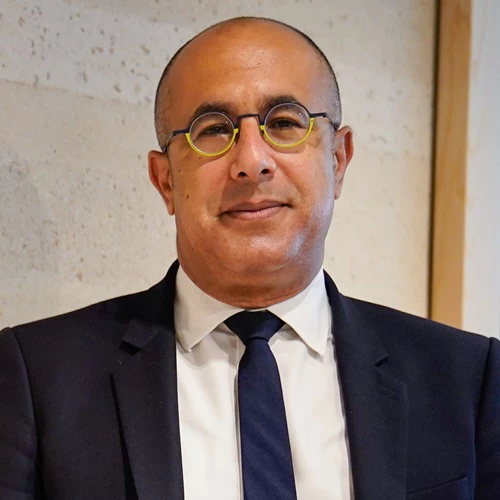In most developing countries, cities are struggling with the demands of growing urbanization. A major challenge is the lack of sufficient, effectively managed financial resources. For instance, the global investment needed for urban infrastructure is $4.5-5.4 trillion per year, a figure that dwarfs official development assistance.
To bridge the municipal financing gap, cities must take coordinated action with partners, such as private investors and multilateral development agencies to build financial management institutions that are sustainable, accountable, and stable.
[Report: Africa’s Cities: Opening Doors to the World ]
In East Africa, the World Bank has an operational portfolio of almost $1 billion in urban projects focused on improving financial and institutional performance across multiple local governments in Ethiopia, Kenya, Uganda, and Tanzania, as well as operations that focus in-depth on big city governments.
For example, in Uganda, World Bank projects in Kampala increased its inflation-adjusted revenues by approximately 10% in one year , and the secondary city clean audit report performance has improved from 36% to 100% over a period of two years.
Watch a conversation between World Bank Director Sameh Wahba (@ SamehNWahba) and Jennifer Musisi ( @KCCAED), Executive Director, Kampala Capital City Authority to learn more about Kampala’s transformation in recent years in municipal financing, and what other countries and cities can learn from this experience. [[avp asset="/content/dam/videos/ecrgp/2018/jun-20/jennifer_musisi_final_hd.flv"]]/content/dam/videos/ecrgp/2018/jun-20/jennifer_musisi_final_hd.flv[[/avp]]
To bridge the municipal financing gap, cities must take coordinated action with partners, such as private investors and multilateral development agencies to build financial management institutions that are sustainable, accountable, and stable.
[Report: Africa’s Cities: Opening Doors to the World ]
In East Africa, the World Bank has an operational portfolio of almost $1 billion in urban projects focused on improving financial and institutional performance across multiple local governments in Ethiopia, Kenya, Uganda, and Tanzania, as well as operations that focus in-depth on big city governments.
For example, in Uganda, World Bank projects in Kampala increased its inflation-adjusted revenues by approximately 10% in one year , and the secondary city clean audit report performance has improved from 36% to 100% over a period of two years.
Watch a conversation between World Bank Director Sameh Wahba (@ SamehNWahba) and Jennifer Musisi ( @KCCAED), Executive Director, Kampala Capital City Authority to learn more about Kampala’s transformation in recent years in municipal financing, and what other countries and cities can learn from this experience. [[avp asset="/content/dam/videos/ecrgp/2018/jun-20/jennifer_musisi_final_hd.flv"]]/content/dam/videos/ecrgp/2018/jun-20/jennifer_musisi_final_hd.flv[[/avp]]
Related:
- Video blog: Implementing the New Urban Agenda needs financially strong cities
- Immersive story: 3 Big Ideas to Achieve Sustainable Cities and Communities
- Events and publications: The World Bank at the World Urban Forum
- Subscribe to our Sustainable Communities newsletter and Flipboard magazine
- Follow @WBG_Cities on Twitter



Join the Conversation